Finding childcare is a source of stress for most young parents. First of all because it represents an important transition: it’s one of the first times you’re going to leave your baby for a large part of the day in someone else’s care. No matter what happens, your first day back at work, you won’t be entirely relaxed, and that’s normal!

Then, because it can be hard to balance what you’d like with what’s possible. If you need to start thinking and researching while you’re pregnant, there’s no point in deciding before the baby is born: childcare facilities may offer you a waiting list, but you’ll rarely be assigned a place before the baby is born. However, it’s still important to find out what’s available and be open to the options by putting yourself on the waiting lists. Talking with other parents, for example, will help you plan ahead. It’s like going on vacation: you gather information about the destination, exchange with others who have made the trip and finally organize everything according to your personal feelings.
To help you, here is the list of questions to ask yourself to help you on this journey!
1. What is my monthly budget?
The budget will clearly provide a framework for the options you may consider. However, it is important to know that the most expensive option is not necessarily the best for you! For example: a nanny at home is the most expensive and least logistically demanding option, but it may not meet your criteria in terms of stimulation activities and variety. In any case, avoid undeclared options. It is a false economy and above all very risky because if there is a concern you have no recourse! Also think about integrating tax deductions because families can deduct actual childcare expenses. It is necessary to check by canton: the law now allows you to deduct up to 25,000 CHF per year per child in the canton of Geneva for example against 9,100 CHF in the canton of Vaud.
Some points of references:
- Public creche: average rate 120 CHF/day (for an infant). Outside the big cities, the rates are much lower. Rates are degressive according to income: for Geneva you can use this tool for a simulation for
- Private creche: average rate 140 CHF/day
- Family day care: between 6 and 10 CHF/ hour
- Nanny at home: between 30 and 45 CHF/hour, i.e. a minimum of 225 CHF/day (for a day of 8 hours)
- Nanny at home (live -in): we have the possibility to deduct 990 CHF / month if the person is housed, fed, laundered.
- Au pair: 800 CHF / month for 30 hours per week (fed, laundered and housed)
In group care facilities, you should always ask whether diapers and meals are included in the price.
2. Do I need flexibility on schedules?
Public creches, some private creches and in some cases, day care will not allow you to be flexible in terms of schedules. If you know you have a long ride, or you have to work later, there is no point in putting yourself under extra stress by choosing a structure that does not provide this flexibility. In any case you will have to define a general framework but if it is really not possible for you to guarantee arrival and departure times, choose an option that offers you flexibility because you don’t need this extra stress.
Which options offer the most flexibility?
In creches in general, you will have to choose the full-day or half-day option within specific time slots.
The Little Green House nurseries (in Versoix, Morges, Gland, Perly-Sertoux and Zurich) offer a wide range of schedules
If you choose day family care, it is important to discuss this topic with them. This may not be a problem, but it is best to be clear about these issues from the outset.
Of course, the advantage of having the nanny at home is that she is on site and this saves you an extra trip between the care facility and the home.
3. How many children are to be looked afer?
The number of children clearly has an impact on the type of childcare: first because it has an impact on the price. Indeed, with a nanny at home you make economies of scale while this is not the case in collective structures (there are reductions however). It also has an impact on logistics: if your children are in two different locations and this complicates your organization too much, it is important to reconsider the different options. That said, if you already have one child in a child care system and you have a second child who will also need to be registered in the same location, you may have priority.
4. How important is an anchor figure to me?
You may want your child to be kept in a secure setting with only one anchor figure. In daycare or creches, they will be taken care of by different people. Children get used to this situation, but sometimes it can help to have only one caregiver (the nanny at home, the day care provider). Often the transition can be easier. On the other hand, your child will sometimes cry because he doesn’t want to leave the nanny or day mom…. This is the other side of the coin, but it’s a good sign and it doesn’t stop your child from knowing who his mommy is! Concerning au pairs, be aware that even if it is a financially attractive option, you need to find a new person every 6 to 12 months, or 18 months at best. Therefore, the procedures must be redone, and the children must be re-acquainted with a new person.
5. Do I have a long ride to get to work?
This criteria is important because if you have to travel more than 45 minutes to pick up your child, it can be very stressful if you take a road with a lot of traffic, or if you take public transportation and there are often delays (even though in Switzerland, in general, it goes well unlike in other countries).This will impact the option you choose and especially your way of organization: the option of daycare must be flexible to allow you to be at ease with possible delays or to be able to find a way of organizing your work that allows you to be serene in the face of this logistics. We already have a lot of reasons to stress and feel guilty with our children, so if we can avoid logistics being a source of anxiety, it’s better!
How to approach this problem?
Discuss this eventuality during the interviews in order to know what the consequences are in case of delay. Also discuss this with your employer: perhaps you have the possibility to work remotely several days a week.
6. Is sociability an important criterion?
Even if it is important for you, you should know that – before 12 months – children do not interact much with each other and before 18 months they do not play together. Putting them in a collective childcare structure for this simple reason when they are very young is not necessarily relevant: on the other hand, from 12/18 months it is definitely a good solution to prepare them for the community when they start school.
What to choose in this case?
- Creches (private or public)
- Family day care: it is important to know how many other children are being cared for and the ages of the other children. You can also ask if the Day Mum is involved in group activities.
7. Does the educational framework proposed by the childcare facility correspond to my values?
It is important to make sure that you are comfortable with the educational approach of the childcare facility: for example, is it important to you that your child goes outside often? Do you prefer a strict or more flexible approach? Are languages important to you? This will really help you to guide your choices. You may have to make certain compromises, but if you are aware of them, it will be easier to accept.
8. Do I have a fallback solution in case of a problem?
You can’t anticipate everything, but in any case, it’s certain that at some point things are not going to go as you planned (for example, if your child is sick). Just try to find out what your options are because it will be easier to deal with it if it does happen. Be aware that in Switzerland, the Red Cross offers a last-minute care option for sick children. Find out what sick child leave days are available in your company. Finally, if you have family, neighbors or friends who can act as back-up, discuss this possibility to assess what is possible.
9. Do I know my (and my partner) priorities?
Once you have asked yourself all these questions try to define your priorities and especially to align them with your spouse! This will make it much easier for you if you have to make compromises. You have to force yourself to prioritize because you may realize that some of your initial criteria are not that important. Give yourself the permission to change your mind, too! Before the baby comes, after the hormone drops, after weeks of sleepless nights, your vision may change. Maybe the option you’ve been considering isn’t right for you: make a list of all the options around you. It’s by confronting reality that you’re more aware of what’s right for you and what’s wrong for you.
10. What does my intuition tell me?
This is what should guide your final decision! We are rarely in euphoria when it comes to leaving our child, but we feel it when we are uncomfortable. If you reluctantly accept a solution, chances are it won’t go well, starting with your child feeling your stress. Trust your intuition and resist the pressure: you’ll be told, « if you don’t choose this option, you may not have a solution in time, » but don’t give up and keep exploring the options until the end and you’ll eventually find what works for you.
Important to note: In Switzerland children start school if they are 4 years old on July 31st of the current year. This means that if your child was born on August 2, 2017, for example, he or she will not start school until the beginning of the school year 2022/2023. On the other hand, if your child was born on July 28, 2017, he or she will start school at the beginning of the 2021/2022 school year. There are educational day-care centers or private schools that welcome children from the age of 3.
Download a comparative chart of childcare solutions. A summary that will help you understand and help you understand the most suited solution for you and your lifestyle:
For more information on childcare in Geneva, find the article with a testimony of Valentine Caporale about the Red Cross childcare service.
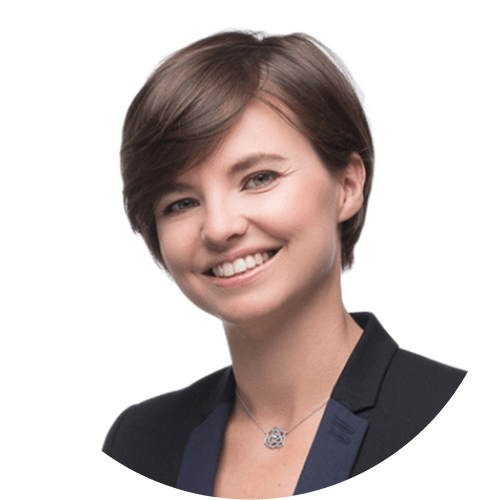

Diane Lapaque
Mom of Esteban, Maël and Noé
Co-founder and Director of 1,2,3 kiD
Instagram : @123kid.club
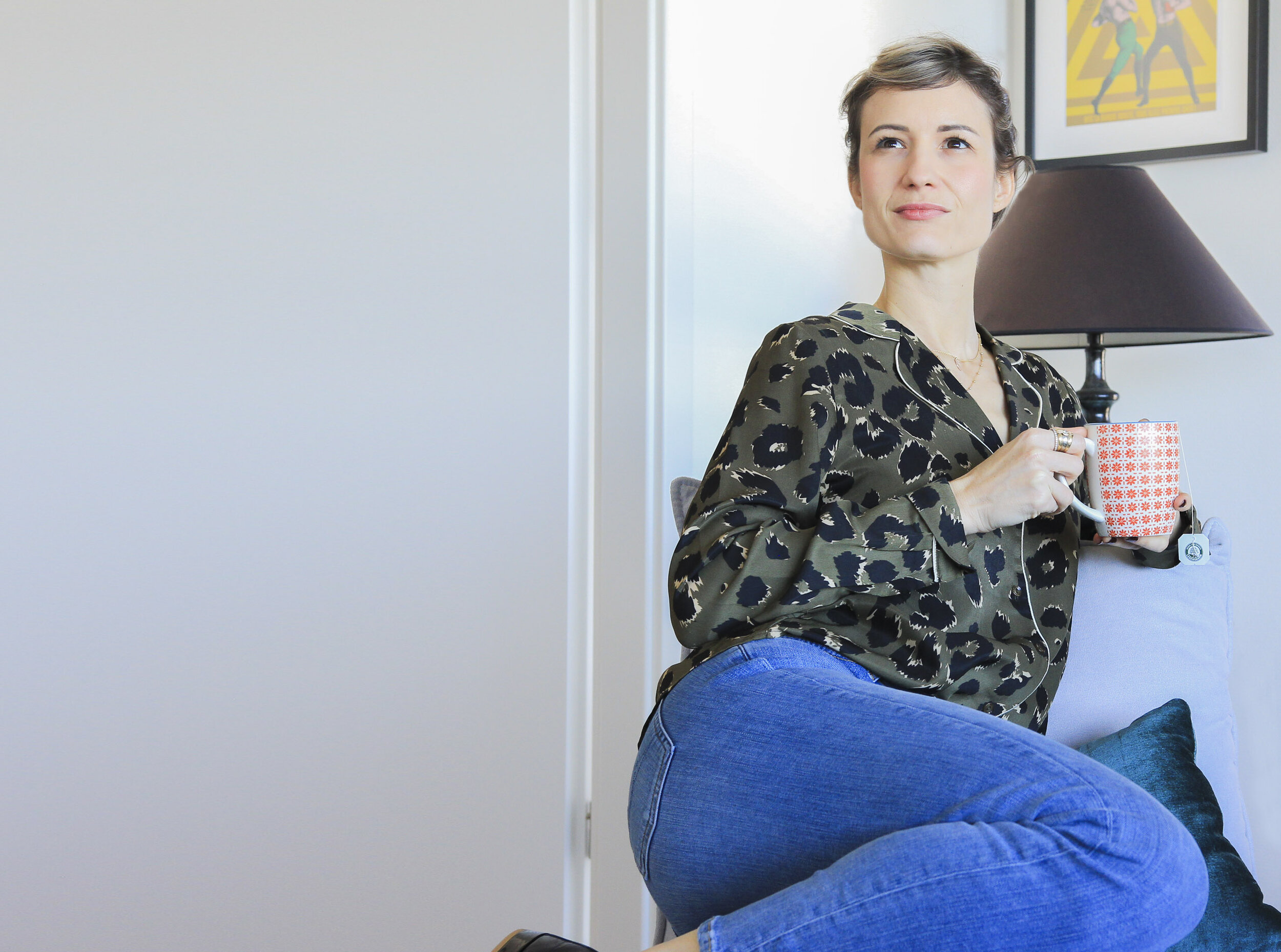
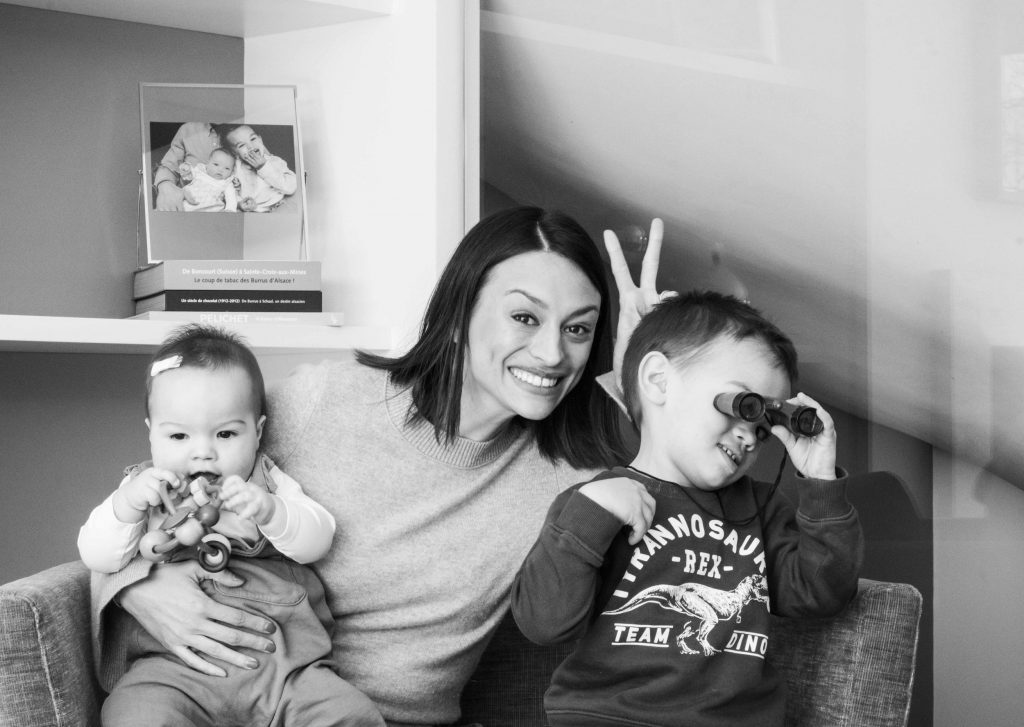


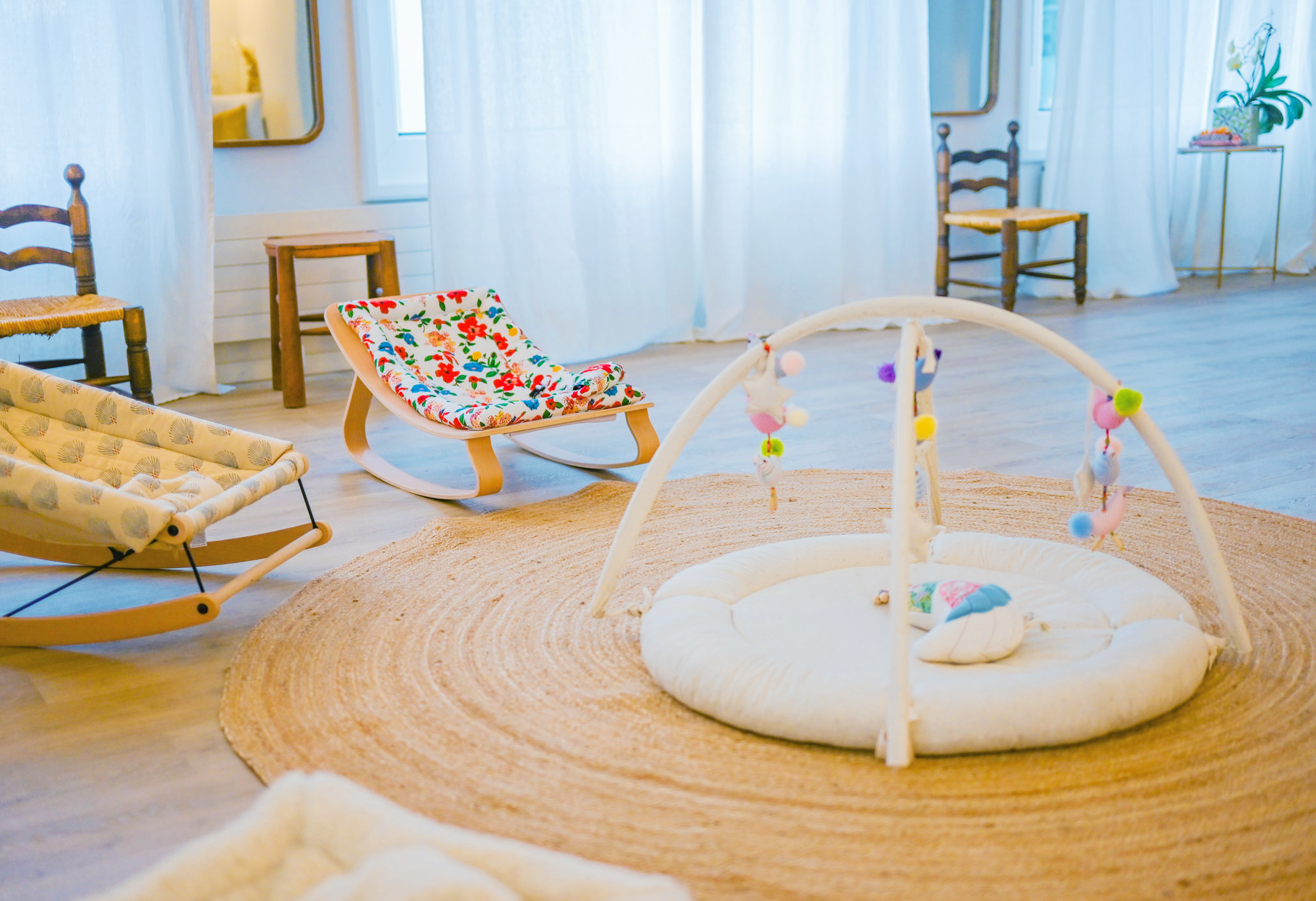

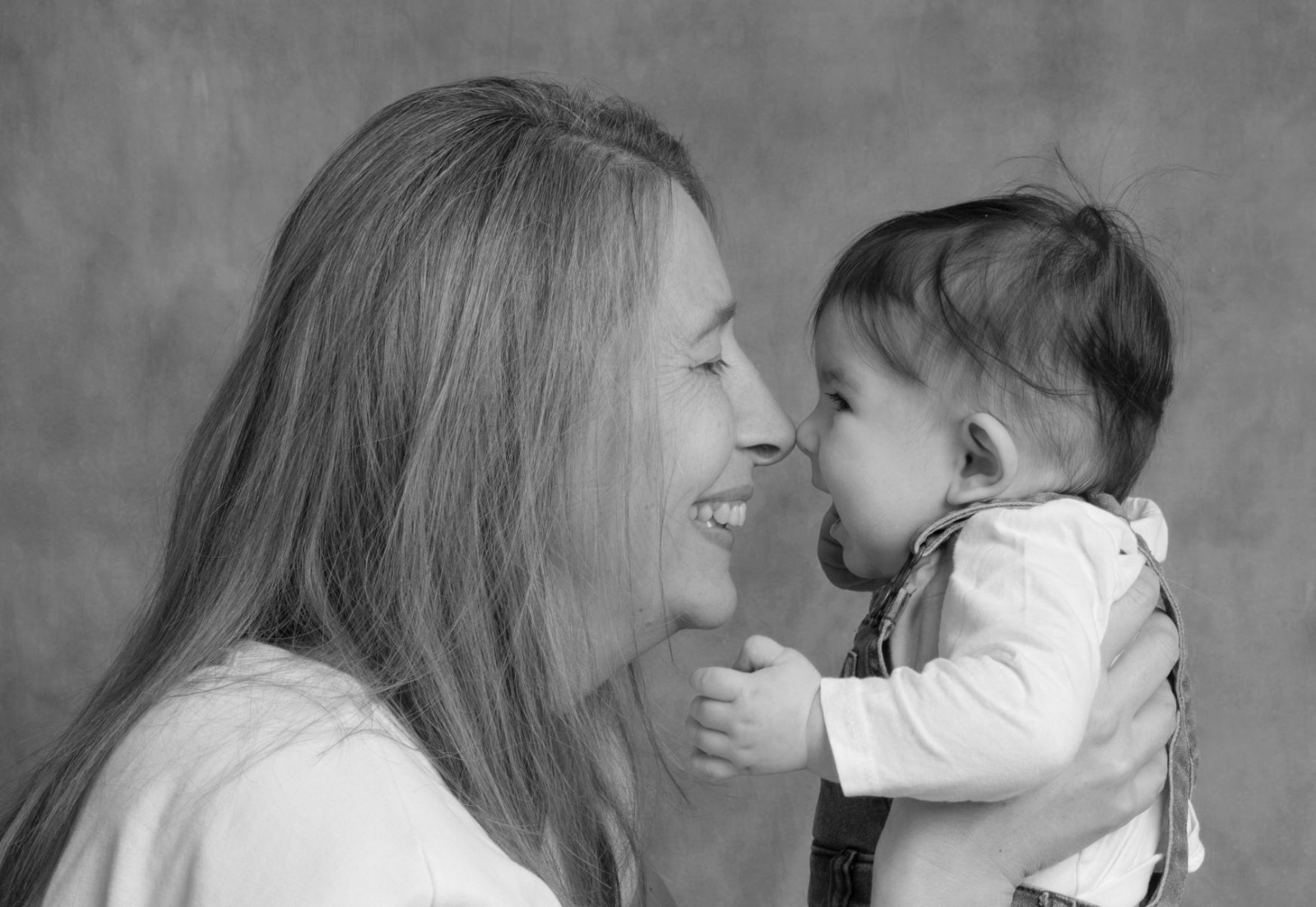

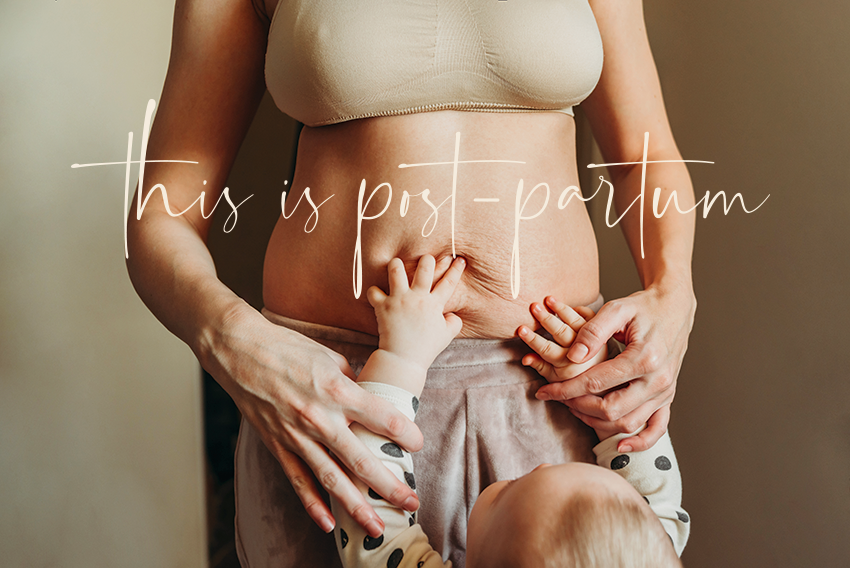



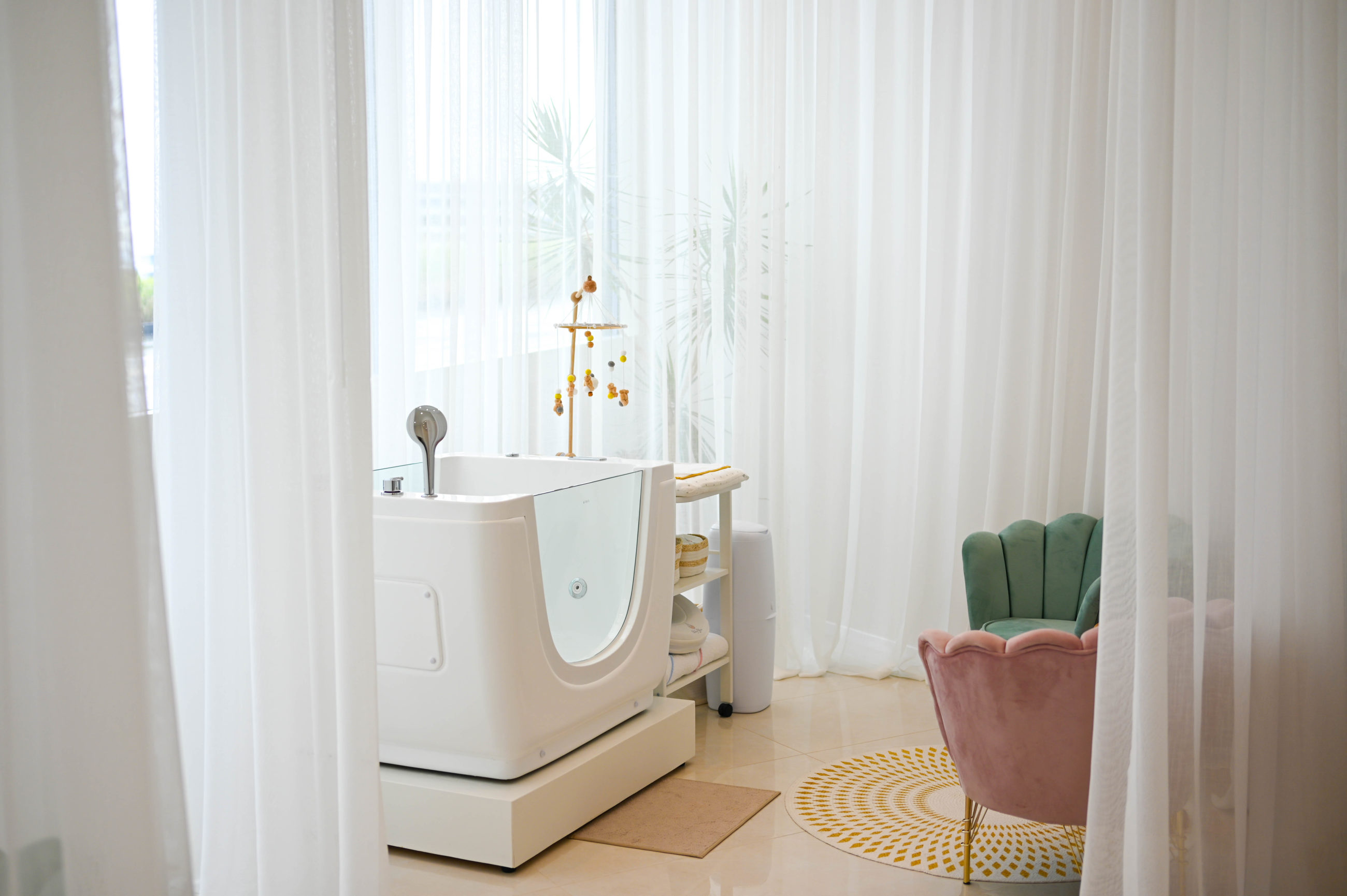

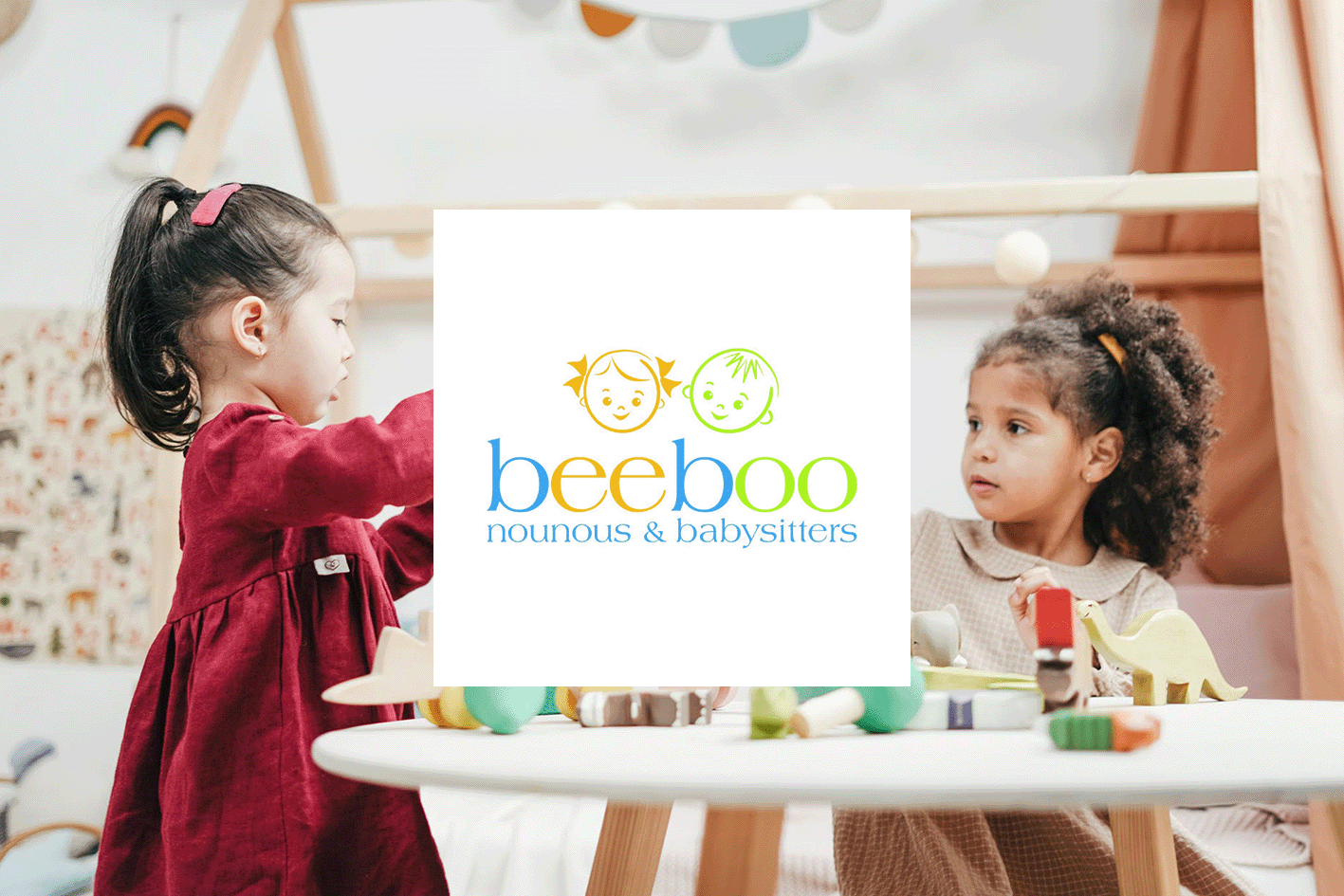
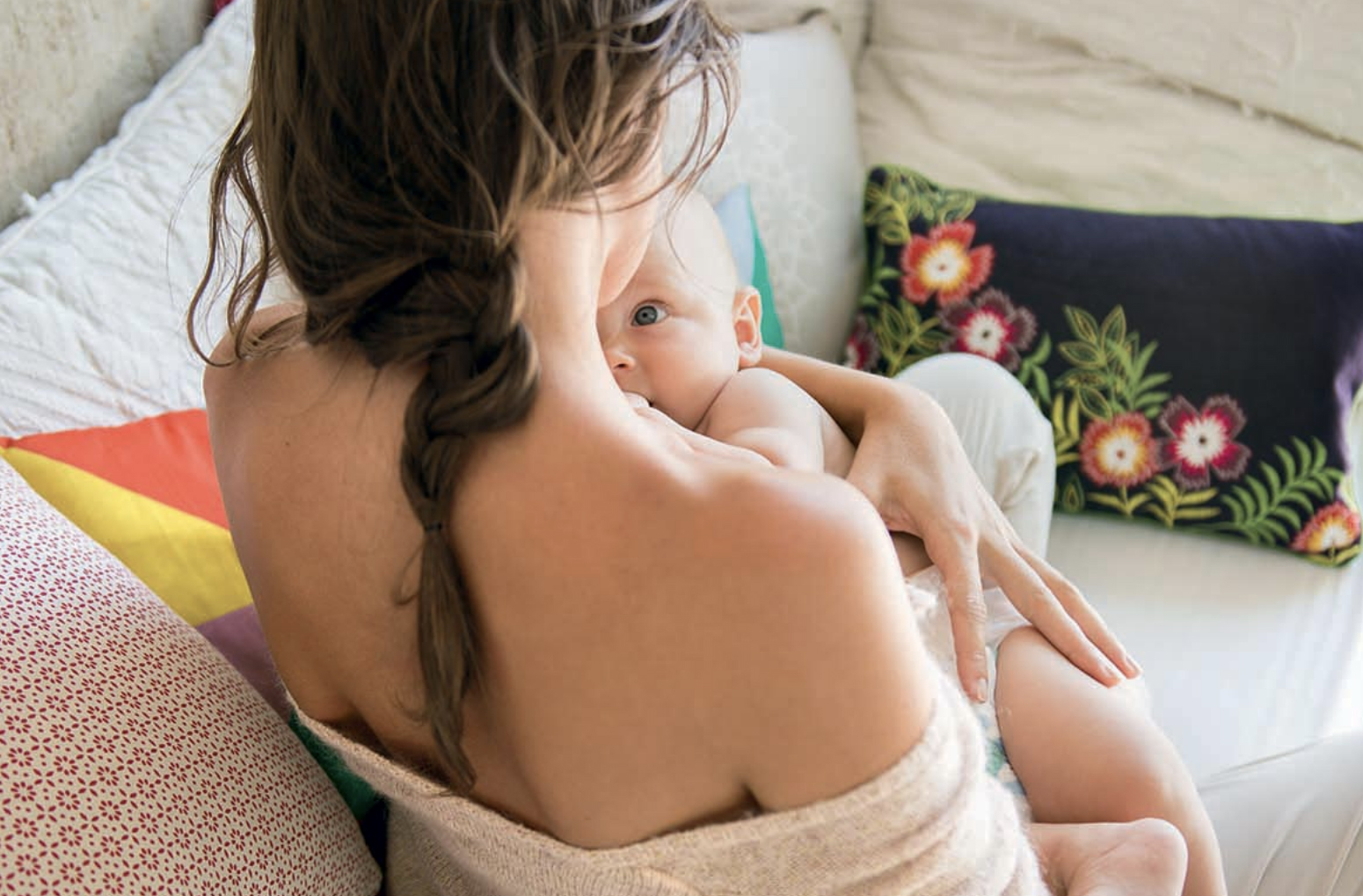


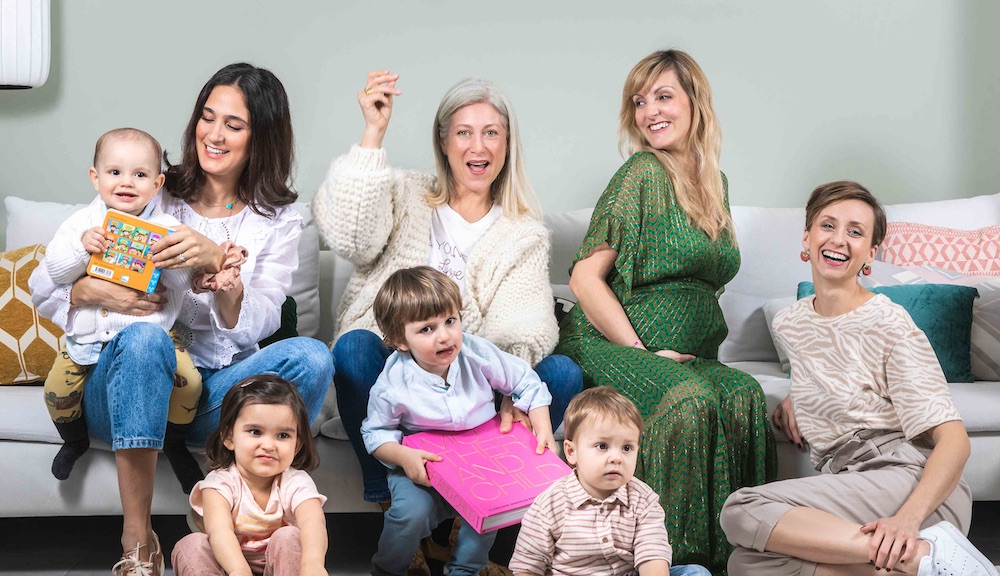


Partager cet article